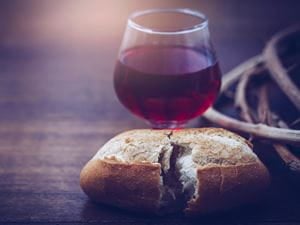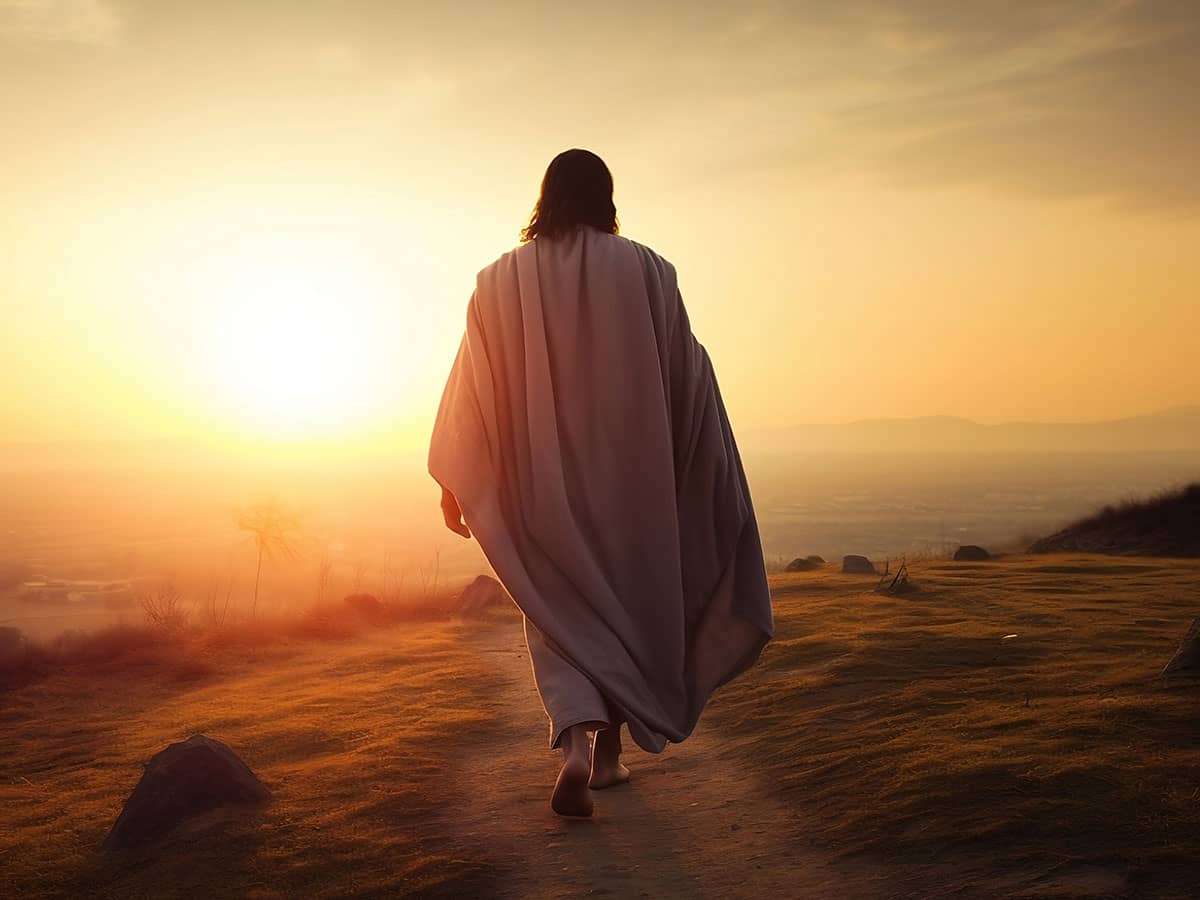
God puts significant importance on remembrance. Maybe it’s because He knows His dumb sheep will likely forget Him. Thus the residents of the Old and New Testaments were often called to remember what Jesus and God had done. With stories of compassion, mercies, and deliverance, God’s people were told to praise, remember and pass it on. They were sometimes called to set up memorial stones, as Jacob did after his vision in Genesis.
From Genesis to the prophets near the end of the Old Testament, we hear God reminding His people that He brought them out of Egypt. In essence, remember who you are and who I am. In Luke 22:19-20, Jesus says, “Do this in remembrance of me.” The setting is the last meal Jesus and His disciples would commemorate together before His crucifixion. It was the time of Passover when the Jews memorialized the night that all the remembrances talk about, the night He brought His people out of slavery. Why was the focus removed from remembering God’s actions to release the enslaved Israelites to remembering Jesus?
When did Jesus say, ‘Do this in remembrance of me?’
There was an order to the Passover meal celebrated annually, but the celebration during the Last Supper would be classic. The usual meal was unleavened bread, lamb, and bitter herbs. At the dinner with Jesus, we knew these items were there, but so was wine. Some believe the wine was added to Passover celebrations after the Jews returned from exile, a change the Pharisees may have instituted.
As they’re retelling the story of the Exodus from Egypt, the tales of old suddenly become new stories. The inanimate objects of bread, wine, and lamb nourishing the disciples would become animated in Jesus. He would now be the Passover lamb, the unblemished one slain from the sins of the people. His body would become the bread broken for them with the words, “This is my body given for you; do this in remembrance of me.”
He says about the wine, “This cup is the new covenant in my blood, which is poured out for you.” At this point, did any of the disciples put two and two together? Is the lamb’s blood painted on the Egpytian doorposts foreshadowing Jesus’ blood that would protect believers from eternal death and cover sins? Did any disciple understand that a new covenant was being started that evening or that a new covenant was necessary? It wasn’t that the old covenant didn’t work and God failed, but that Jesus fulfilled the law of sacrifice for sin. Soon they would understand that Jesus was the new covenant. He would be the sacrificial lamb as the “once and for all” sacrifice.
How could that be? How could the one they knew as the Messiah, who was supposed to save them from the Romans and bring peace as their King, be the one who discussed dying for the world, giving up His blood and body? At the time, they didn’t know, but Jesus inspired them to follow a pattern at the Last Supper. He wanted them to commemorate His sacrifice for them whenever they celebrated their salvation through the blood and body. In many churches today, this occurs every Sunday as people reenact the Last Supper.
How can we remember Jesus while taking communion?
In their communion services, different churches have different ways to include the “do this in remembrance of me” passage. Congregants hear this passage weekly in a liturgical service while preparing for the Eucharist or Thanksgiving. In the Book of Common Prayer, used by Episcopalians and Anglicans, the rector is to hold the bread and say, “On the night He was handed over to suffering and death, Jesus took bread; and when He had given thanks to you, He broke it, and gave it to His disciples, and said, “Take, eat: This is my body, which is given for you. Do this in remembrance of me.”
Non-denominational churches typically do something similar, maybe not quoting the entire service, but some of it before communion. They might also paraphrase the passage during communion, saying, “the blood and body broken for you” as congregants take the wine and bread. Congregants may be encouraged to confess their sins and pray for each other before taking the wine and bread.
Again, the Book of Common Prayer gives excellent examples, but it’s not enough to hear these words. We should “feed” on these words as God calls us. In doing so, we remember that Jesus died for our sins and climbed to new life, proving that He rules over death. He is genuinely the “bread of life,” as He said in John 6:35. Now, anyone could come to Him and never be thirsty or hungry.
How can we commemorate Jesus with fellow believers?
“Do this in remembrance of me” goes past communion to commemorating Jesus in how we act in our relationships with fellow believers. First, we should understand that Jesus’ words don’t affect our lives if we don’t know Him as Savior. Once we believe in Him, we receive the Holy Spirit as promised. Then, if we live in His word, the Holy Spirit will bring these things to mind that help us in our interactions with others.
The Holy Spirit is good at reminding us to take the plank out of our eye before trying to remove the speck from our brother’s eye. He also reminds us that Jesus said He came to serve, not to be served, so we should look for ways to serve each other. The Last Supper is an excellent place to find a level playing field with fellow believers. It’s a reminder that we’re all sinners saved by God’s grace, who sent His Son to be our sacrificial lamb. If we remember that, we can be more gracious in our interactions with others.
Remembering Jesus in the Last Supper should lead us to remember Him in all things. There’s no kind of life more delightful and sweet than a continuous conversation with God. Those only can understand it who experience and practice it.

